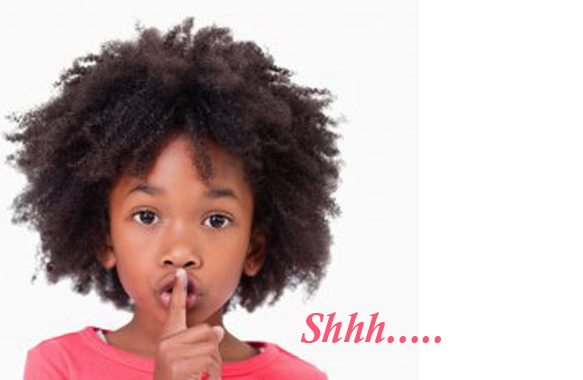Illinois School Bans Discussions of Michael Brown’s Death
Photographic Credit: Photo Credit: wavebreakmedia } Shutterstock.com
By Paul L. Thomas, Ed.D. | Originally Published at AlterNet. August 26, 2014
When faced with tragedies like the shooting of Michael Brown and the community unrest that followed, there are many hard questions to be asked. Why did this happen again? Who should be held accountable? How do we prevent such injustices?By Paul L. Thomas, Ed.D. | Originally Published at AlterNet. August 26, 2014
But among the hard questions, few are so pressing, or essential, as this: What do we tell the children?
For educators, that question weighs heavily, and in the Brown case all the more so because Brown’s death occurred just as the new academic year begins. But in Edwardsville, Illinois, the answer is chilling: What do we tell the children? We tell them nothing.
From the local CBS affiliate in St. Louis:
A new directive has been issued in Edwardsville schools: Don’t talk about Ferguson or Michael Brown in class.Superintendent Ed Hightower says normally there would be an open discussion of current events.“However, this situation in Ferguson-Florissant has become a situation whereby there are so many facts that are unknown,” he says.He says teachers have been told not to discuss it and if students bring it up, they should change the subject.
This is inexcusable for many reasons. The shooting is grounded in racial issues we already refuse to discuss in the U.S., despite the fact that they impact all of our lives, students’ included. Failure to confront a topic certainly won’t make it go away, and how students feel about the world impacts how they learn about the world.
But we also cannot ignore that this banning of a difficult topic is related to both the traditional view that empathyeducates – Illinois School Bans Discussions of Michael Brown’s Death:

